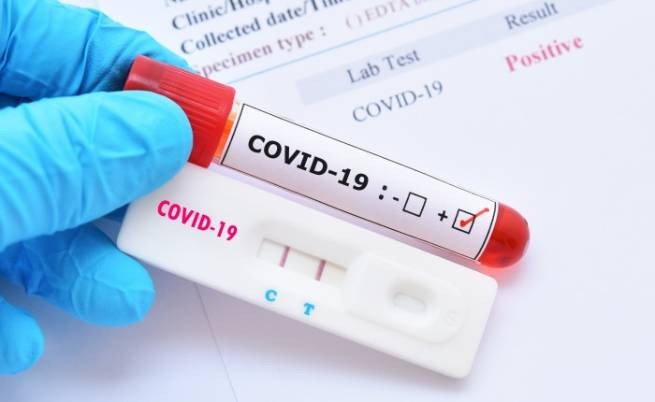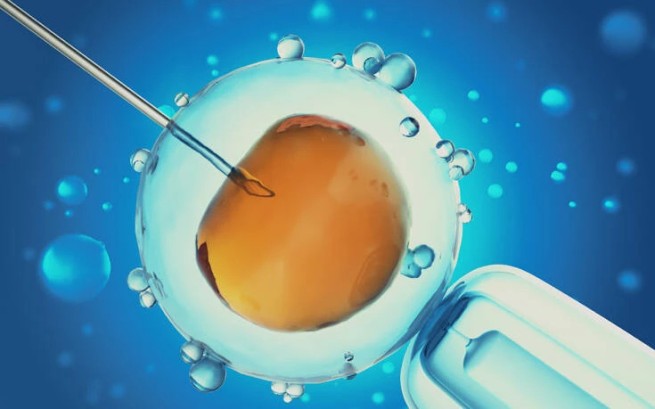A clinic in Guadalajara, Mexico, is using artificial intelligence to perform IVF. Eleven women have already tried the innovative method.
In vitro fertilization (IVF or ECO) is a process of fertilization of an egg and sperm, carried out in a special laboratory by experienced scientific personnel and is related to the methods of assisted reproduction.
During the procedure, the doctor performs a small operation: he places the woman's eggs in a test tube and then combines them with sperm.
At a clinic in Guadalajara, Mexico, the process is completely different. Once the doctor prepares the vial, he hands it robots supported by a huge artificial intelligence infrastructure.
There A startup called Conceivable Life Sciences is completely automating the IVF lab from start to finish.and the scientific group simply monitors.
“We are creating a technology that will allow for a completely new type of IVF, making the highest quality procedure available to everyone,” the company reports on its official page.
The company plans to expand its IVF labs around the world. For now, its work is focused on research and robot prototypes, and everything is working well, according to evidence, interviews, and videos that Conceivable shared with Business Insider.
At the touch of a button, the robots immobilize sperm with lasers, suck it out with needles, inject it into an egg and, once it becomes a zygote, freeze it in a split second.
Already 11 women have become pregnant with the help of Conceivable robots.
In fact, in recent months the company became the first to use a robot to perform intracytoplasmic sperm injection (ICSI, or micro-insemination) – a delicate process in which sperm is placed inside an egg.
This Business Insider image shows an ultrasound of an embryo created using Conceivable's first remote ICSI.
As is particularly emphasized, According to a report published by the World Health Organization, approximately 17.5% of the adult population – that is, almost one in six people worldwide – will suffer from infertilitydemonstrating the urgent need to expand access to high-quality fertility care for those who need it.







More Stories
Greece's Summer Coronavirus Outbreak: FLIRT Mutation Aggression
Study: 16(!) Toxic Metals Found in Women's Tampons
Study: Weight-loss injections often to blame for vision loss